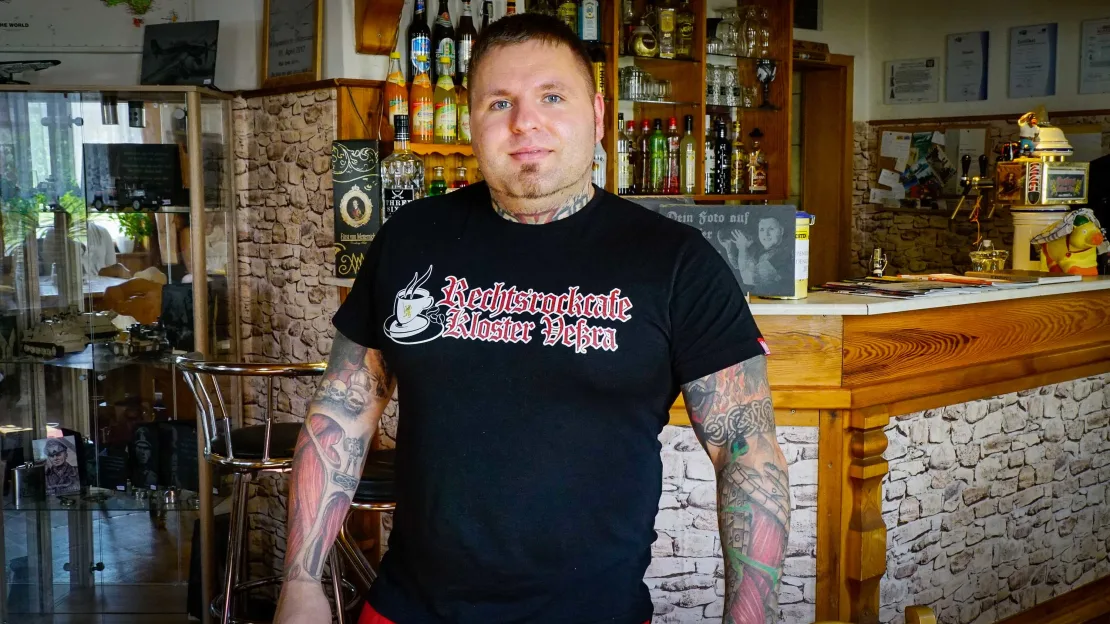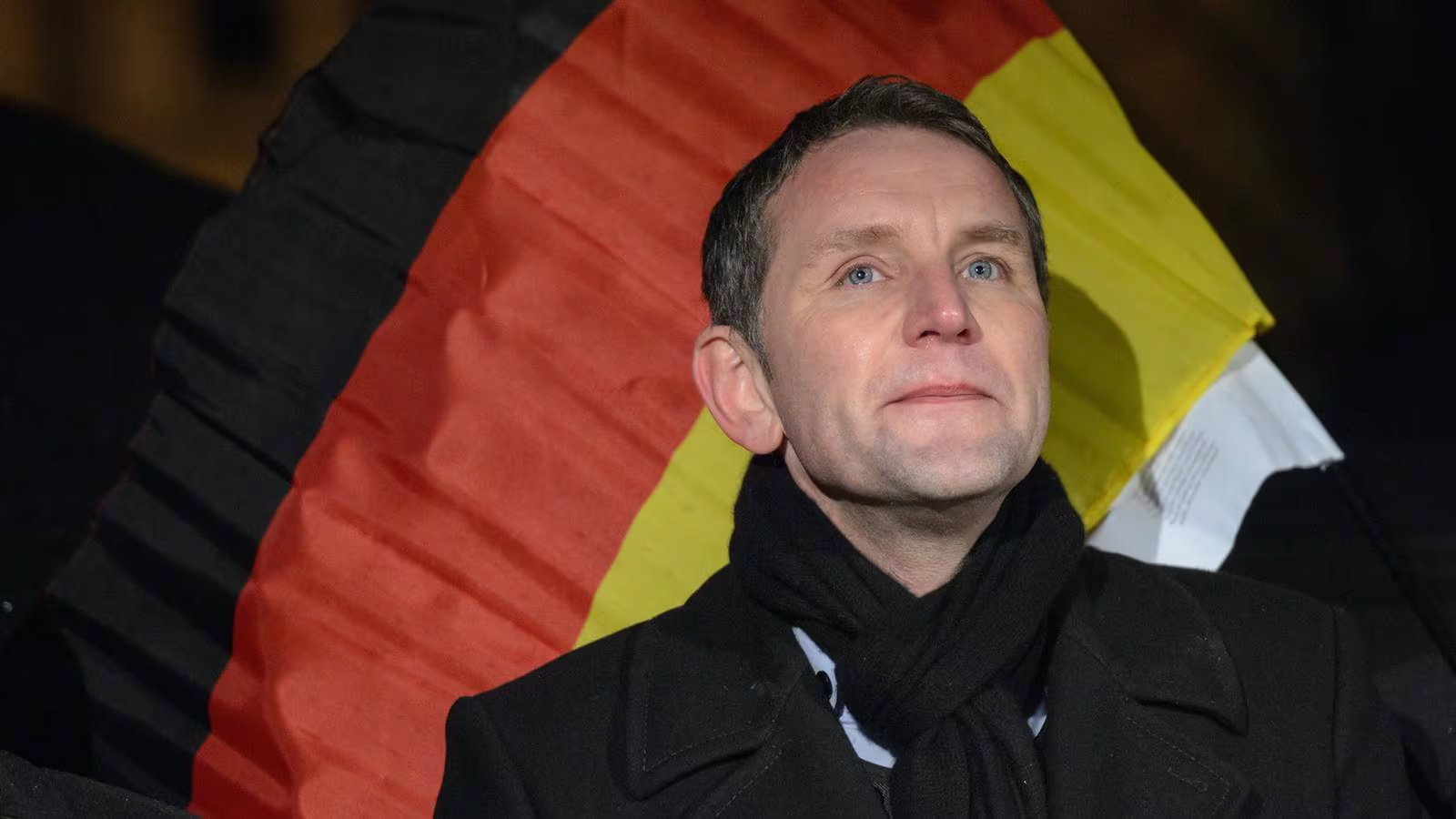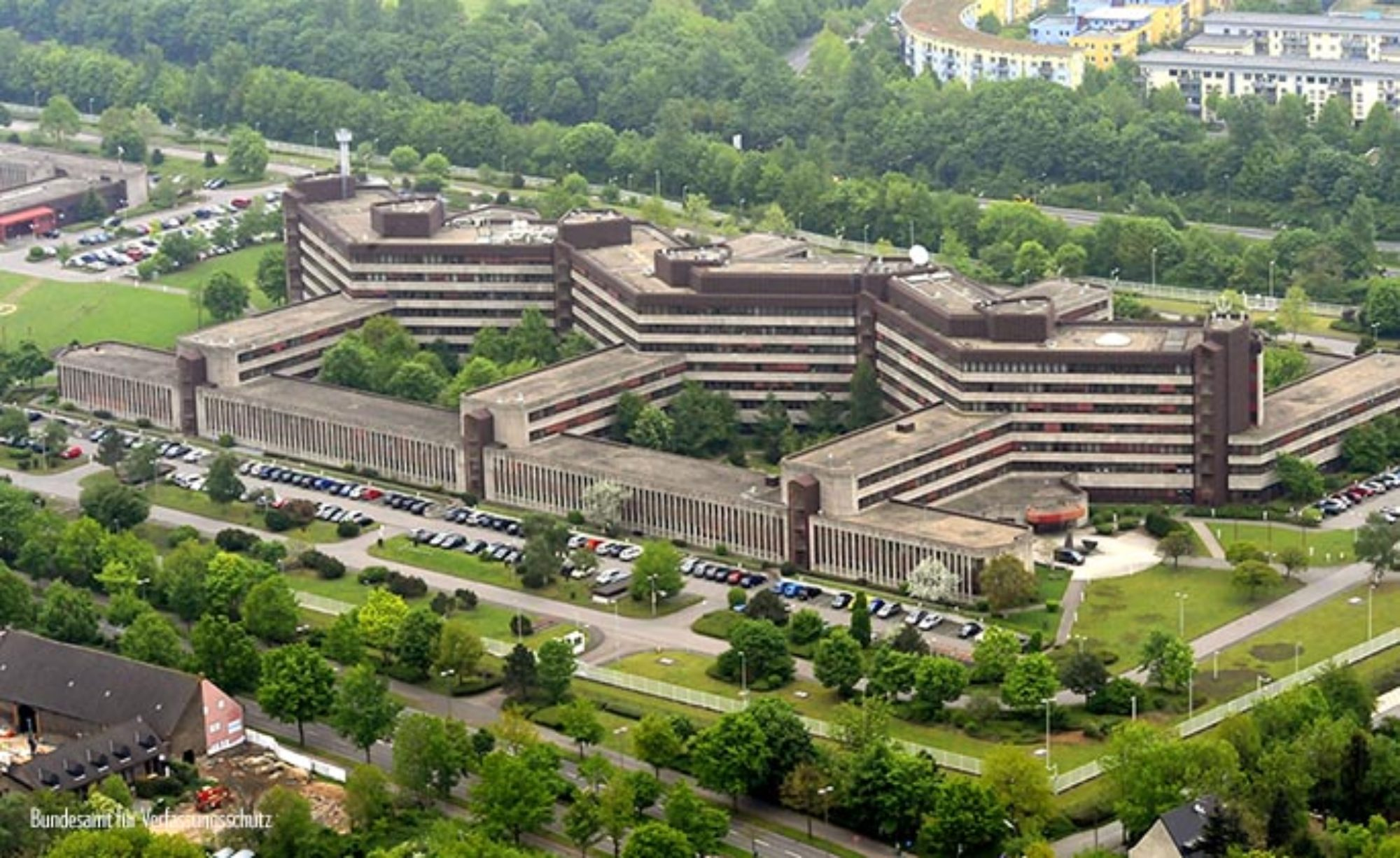Germany’s right-wing populist Alternative for Germany (AfD) political party has made significant gains across Eastern Germany in numerous elections, despite a recent court ruling upholding the AfD’s designation as a suspected right-wing extremist organization.
Wins for the AfD
East Germany, historically a stronghold for the AfD with the party holding a number of leadership roles in states such as Thuringia, has seen a number of victories for the party, with Roland Schliewe winning reelection in Sonneberg’s council, a town located in Thuringia, on Sunday, winning over a quarter of votes in the federal state. Schliewe’s win comes in despite the politician’s controversial statement during a discussion regarding migrants entering the workforce, wherein the politician stated that North Africans cannot be granted jobs, claiming they have an “IQ between 60 and 80.”
In Hildburghausen, another town in Thuringia, Tommy Frenck, another politician for the AfD who previously belonged to the far-right National Democratic Party of Germany (NPD), also known as die Heimat, successfully won the first round of elections for district administrator after winning 25 percent of the vote in the first round. Frenck has been a controversial figure due to his supposed sale of products featuring Nazi and Ku Klux Klan designs, according to Reuters, alongside his participation in organizing “neo-nazi” concerts, as reported by Der Spiegel.

The NPD has faced a number of controversies alongside numerous banning attempts, with the first attempt falling through after it was revealed that an estimated 30 of 200 leaders were agents or informants for the German government. The latest attempted ban of the party failed as authorities deemed the party was not influential enough at both state and federal levels to pose a threat to the German Constitution.
Despite these wins in East Germany, support for the AfD remains shaky on a national scale, with the party’s popularity in the polls recently taking a hit following a court ruling maintaining the classification of the AfD as a suspected right-wing extremist organization, which was implemented by the Federal Office for the Protection of the Constitution (BfV) in 2021.
Since this court ruling, alongside numerous controversies such as a representative in Thuringia’s Landtag, Bjorn Hocke’s, usage of the Nazi slogan “Alles fur Deutschland,” the AfD has seen a dip in popularity. In January, at the height of the party’s popularity, 22 percent of voters nationwide stated they intended to vote for the party in a poll by Politico, making the AfD the second most popular party behind the Christian Democratic Union (CDU) of Germany and their Bavarian sister party, the Christian Social Union in Bavaria (CSU). Now, however, the party has dropped to just 17 percent in the same poll, in a close race with Germany’s Social Democrats (SPD).

This drop in popularity is largely considered the byproduct of the aforementioned controversies, along with a divisive meeting in November attended by two members of the AfD where attendees allegedly discussed the “remigration” of those “unassimilated” to German culture to their home countries or a newly created state in North Africa, whether they held German passports or not. The meeting, which was leaked by Correctiv, a German investigative journalism outlet, consisted of two members of the AfD, “neo-nazis,” and a number of other political activists.
The party is further weakened by other parties refusing to cooperate with the AfD, making a coalition government improbable for the party. But this refusal is not limited to national politics. Recently, Marine Le Pen’s right-wing nationalist European Parliament coalition known as Identity and Democracy (ID) expelled the AfD from the organization, citing comments made by Maximilian Krah, a former MEP for the AfD and leading candidate in the upcoming EU elections, wherein the politician stated that the Waffen SS were “not all criminals.”
A Potential Ban
These controversies, along with what many believe to be extremism from the AfD, have led some to suggest banning the political party in order to protect the democratic process in Germany. Such a ban would have to undergo an extensive court case and investigation by authorities. Hocke’s ruling, however, may grant the process further credibility, offering a chance of a party ban.
In order to ban a political party in Germany, a case would have to first be requested by either the Bundestag (the German federal governing body) or the Bundesrat (the federal representation of the sixteen German states). The BfV would then have to prove that the AfD actively seeks to end the democratic process in Germany.

“At this point, a procedure to ban the party would still have to identify an element that is actively militant, in other words, that acts according to a plan,” the President of the Thuringian BfV, Stephan Kramer, stated. “For this to happen, it is not necessary that any crimes have been committed.”
Others have condemned this idea, with some claiming such a ban would only further the party’s support, especially due to the AfD’s claims that they are the target of a concerted government effort to remove an opposition party from running for office.
“The establishment of this state—and that includes the BfV and the media—is being used to exclude us from democratic competition,” Weidel stated following the Monday ruling.
“You can’t simply ban a party that gets 20–30 percent approval,” Volker Boehme-Nessler, a political scientist, told the eastern German broadcaster MDR, which broadcasts for the federal states of Saxony, Saxony-Anhalt, and most notably Thuringia, where the party has achieved most of its success.

